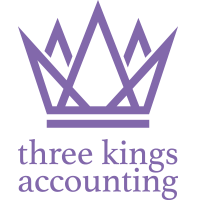How To Register As Self-Employed
If you’re carrying out work or earning money independently (i.e. not as an employee), you need to register as self-employed. You could be a plumber or electrician, someone who sells on eBay or Etsy, or a virtual assistant. However you’re earning money, if it’s not being taxed through PAYE, it needs to be taxed through self-assessment.
October 5th after the end of the tax year in which you start earning money is the deadline for registering for self-employment. The tax year ends on April 5th. If you need to register as self-employed, it’s not too difficult to do. Here’s how you can do it.
Check That You Count As Self-Employed
If you’re unsure whether to register for self-employment, you should first check that you count as self-employed. There’s an HMRC tool that you can use to check your employment status for tax purposes. Some things that might indicate that you’re self-employed include:
- Running your own business
- Have several customers at the same time
- Get to decide how, where and when you do your work
- Can hire other people using your own money
- Provide the materials and equipment you need to work
- Charge a fixed price for your work
- Sell goods or services for a profit
Just because you have a job where you’re employed, it doesn’t mean that you can’t be self-employed. You could be carrying out activities that count as self-employed work at the same time.
You need to register as self-employed if you earn more than £1,000 in a tax year.
Register Online
It’s easy to register as self-employed online. You start off by entering your name and email address and creating a password. You will be sent a letter with your 10-digit Unique Taxpayer Reference (UTR) and you’ll be enrolled for the Self Assessment online service. You also get a letter with an activation code, which you can use to log in to your account for the first time.
Register By Post
Another option is to fill in this form on your computer, then print it off and post it to HMRC. You need to fill in the whole form before you can print it off, so have any information with you (such as your national insurance number and address).
When To Register
If you’re carrying out self-employed work, you should register as soon as you’re able. However, HMRC says that the deadline to register and avoid penalties is October 5th in your second tax year. You may also find this article helpful as far as getting yourself and your new venture off the ground.
Become A Partner Or Set Up A Limited Company
You can be self-employed without being a sole trader. You might also want to register as a partner in a business partnership or set up a limited company. To register as a partner, you can set up your partnership online. If you want to set up a limited company, you have to register it with Companies House. This is a little more complicated than registering as a sole trader but it’s still not particularly difficult.
Once you’re registered as self-employed, you need to file a tax return every year by January 31st for the previous tax year.


